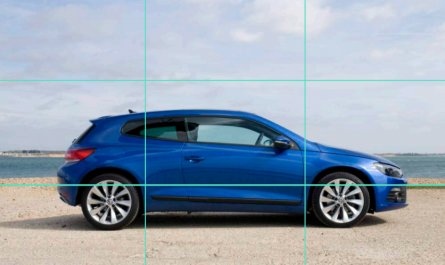There are some parts in your car that require you to pay constant attention, as their shelf life may be less than other parts of the car, or be affected by several other factors that the car is exposed to permanently while walking on the roads, among those parts is the car tire.
Like all other parts of the car, the car tire has a specific life span that may be affected by driving conditions. Rugged and difficult, so the life of your car’s tires will definitely be affected by your driving style and the conditions under which you drive.
Therefore, it is natural that the shelf life of your car tire is different from that of your friend’s car, for example, since in addition to driving conditions and style, each type of rubber is different from the age of its counterparts in the market, each company recommends changing the tire in different periods of the other, so the answer to the question of changing the car tire after how many kilometers will not be completely accurate.
Do my tires really need replacing?
Some mechanics and tire men will tell you your tires need replacing by simply looking at them and telling you they’re worn.
Don’t take their word for it, check them yourself. Visually inspect them for wear and damage, and check the depth of the grooves.
You will have to change it after an average cut of 30,000 km to 60,000 km, or after about three to five years of continuous use have passed, whichever comes first.
In all cases, after you know how many kilometers the car tire needs to be changed. You should check them periodically, especially when you are on a long road trip with the family.
- The tire tread depth or depth of engraving, on the surface of the rubber, If the depth becomes less than 1.6 mm for ordinary tire or less than 3.2 mm for the tire used on wet roads, this means that your tire must be changed.
- Tread Wear Indicator, which are lines that are put into the new tire by the manufacturer, and these lines become visible only after the tire is worn out.
- Cracks in the sides of the tire, you have to check the sides of the rubber well to note any cracks or pieces in the rubber structure that causes air to leak from it.
- Bulges in the rubber frame, this is one of the signs that also require you to replace the rubber to end its shelf life, it indicates that the rubber surface has become very weak and may explode at any moment while walking.
All of these preceding signs can be observed easily during a simple examination of the rubber tires, and upon seeing one of them you must replace the tire with a new one, to maintain a safe driving experience for you and your family.
And you can choose the right rubber for your car by referring to your car manual, to view the pages dedicated to the rubber model of your car and its sizes and even the types suitable for it from a large variety and variety provided by the rubber manufacturers in the current market. Or you can find out the dimensions of the rubber with a sticker attached to the inside edge of the driver’s seat, and you will also find the appropriate air pressure and the percentage of load capable of carrying it on the same label.
You can also translate the codes written on the car rubber itself, where you will find that there are numbers and letters written on it, each of which means something, as it is shown in the following example 245 / 40RF19 94W:
245: Indicates the width of the tire in millimeters.
40: indicates the ratio between the height and width of the tire.
19: Indicates the appropriate rim size for the tire.
94: is the load indicator.
W: indicates the maximum speed a tire can withstand.
Article Written By Jaden El Kadiri © 2020-01-15







